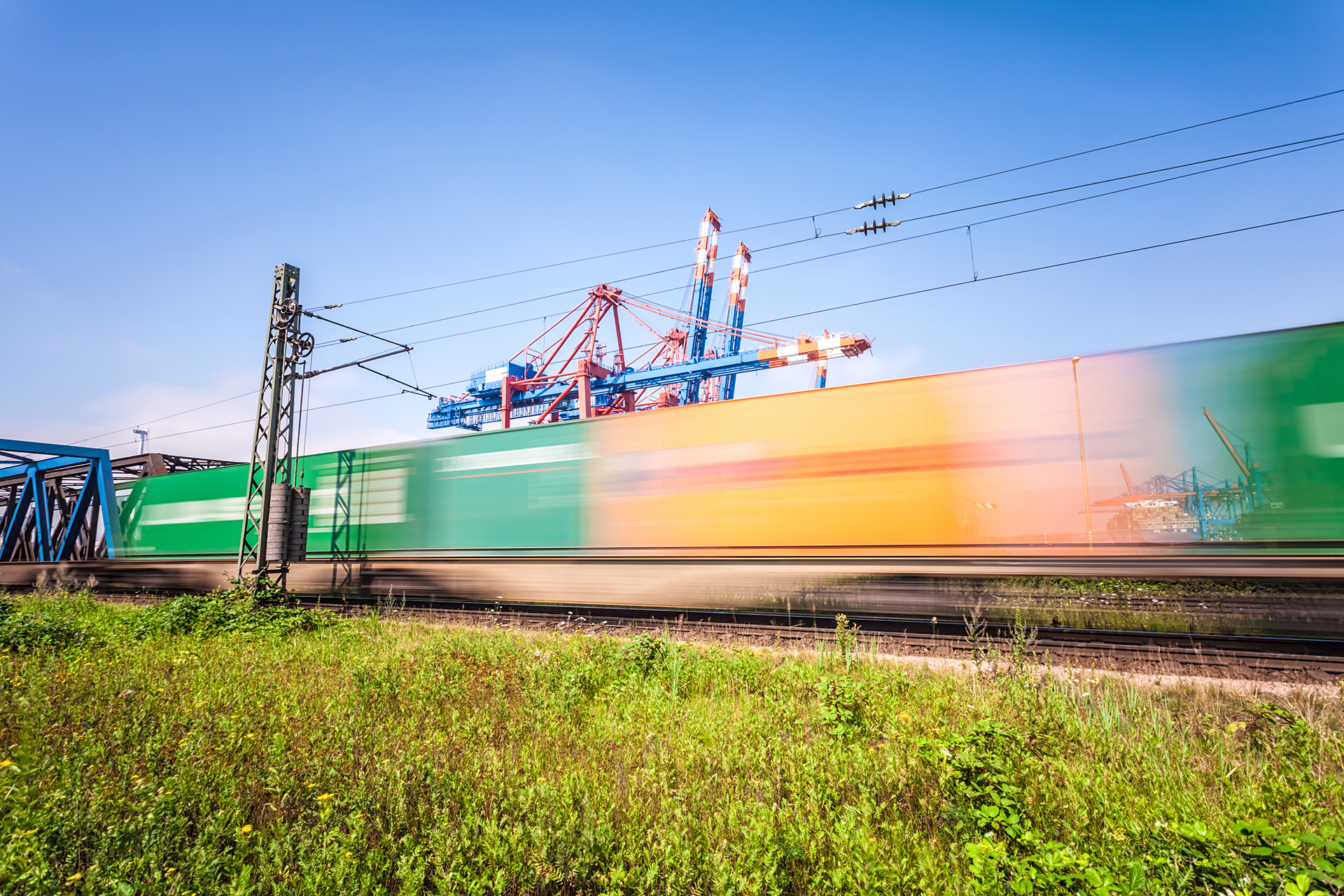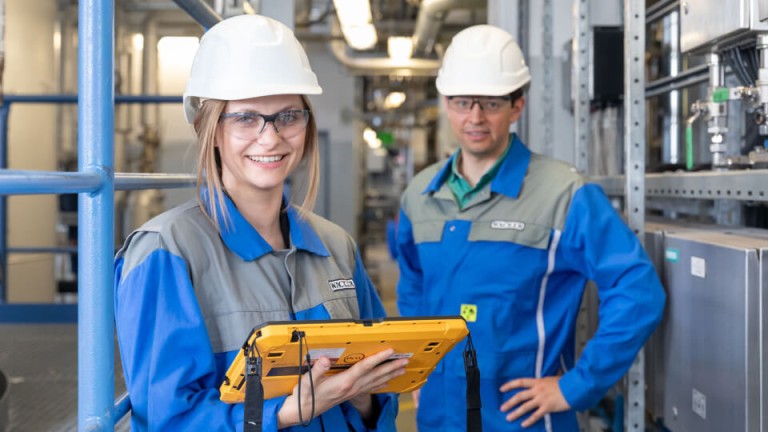Our system has noticed that you are based in , but the current country setting is . Select country

Sustainability
Sustainable action ranks among our company’s top strategic goals.
And we expect the same from suppliers – wherever they are in the world. We aim to procure raw materials, goods and services exclusively from responsible suppliers.
Facts and Figures
Sustainability at Our Suppliers
WACKER suppliers must comply with the UN Global Compact and the Responsible Care® initiative.
WACKER is also a member of “Together for Sustainability” (TfS). TfS is a joint initiative run by leading chemical companies that has defined uniform ecological and social standards which TfS members expect their suppliers to meet. Additionally, the suppliers’ sustainability certifications are automatically recognized by all TfS members. So it’s easy for our partners to meet our requirements.
We expect our suppliers to be willing to participate in a TfS audit and assessment program, if requested by WACKER. And, if necessary, to introduce the development steps needed to improve their sustainability performance. Importantly, we expect a score of at least 46 in the sustainability assessments and that all major deviations detected during on-site audits are remedied without delay.
In order to support our suppliers as much as possible, the TfS initiative offers online training in the form of an academy. Our suppliers can register for the TfS Academy free of charge and use the training courses.
Sustainable Logistics
Sustainable logistics plays a key role at WACKER. Avoiding and optimizing shipments are key elements of WACKER’s sustainable logistics efforts.
WACKER has a large network of integrated production sites. By-products of one production line are used as base products in another. This inter-connectivity greatly reduces not only energy and material consumption, but also transportation.
Major logistics chains such as the supply of raw materials and also shipping and overseas containers have largely been shifted to the railroad.
Sophisticated strategies for deploying logistics service providers have minimized deadheads and optimized vehicle loads.
Analysis tools enable us to seek out the optimization potential within the logistics network, to enhance the transportation chain and reduce emissions when transporting our products to the customer.
Naturally, compliance with legal standards governing customs, export controls and transporting hazardous goods happens as a matter of course. Our specialist departments ensure compliance with comprehensive training, information and monitoring measures. Some of WACKER’s internal standards even go beyond legal requirements. For example, transport routes are audited.
Also good to know: we practice economic, ecological and social responsibility.
Launched in 2011, the TfS initiative aims at recording the sustainability performance of suppliers and optimizing their ecological and social standards.
Published every two years, our sustainability report offers an honest and comprehensive account of sustainability at WACKER.


